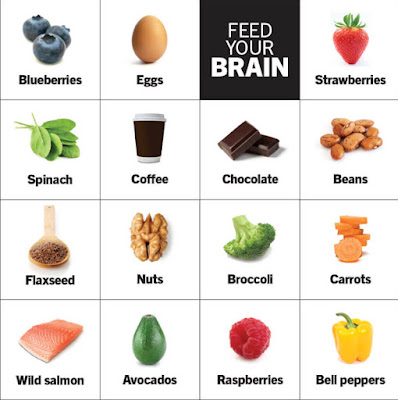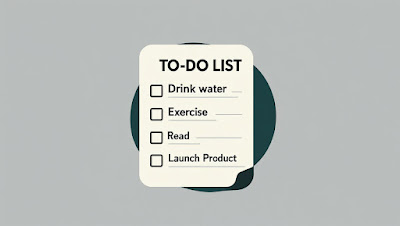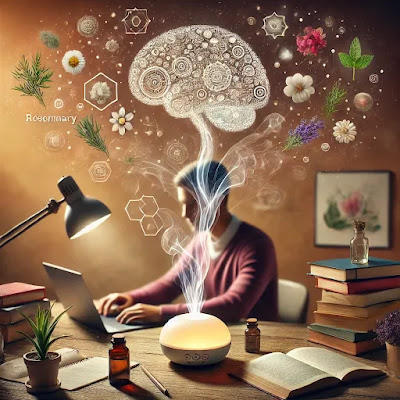🧠 Top 15 Brain-Boosting Foods That Improve Memory Naturally
Top 15 Brain-Boosting Foods That Improve Memory Naturally - Tired of walking into a room and forgetting why you're there?
Been there. (Yesterday, in fact.)
But what if your brain just needed a little... fuel?
Good news: you don’t need magic pills — just the right groceries.
Here are 15 delicious memory-boosting foods backed by science and loved by taste buds. Let’s sharpen that mind — one bite at a time.
🍓 1. Blueberries
Packed with antioxidants that protect the brain and improve communication between neurons. A sweet way to stay sharp.
🥚 2. Eggs
High in choline, which helps with memory and mood regulation. Scrambled, boiled, or folded into a frittata — eggs do it all.
🍓 3. Strawberries
These red gems may delay memory decline thanks to their flavonoids. Nature’s candy with bonus brain perks.
🌿 4. Spinach
Loaded with folate and vitamin K — key players in brain cell maintenance and mental clarity.
☕ 5. Coffee
Caffeine lovers rejoice! It improves alertness and concentration. Bonus: antioxidants may protect against cognitive decline.
📸 Insert Image: Steaming cup of coffee on a desk with an open book
🍫 6. Dark Chocolate
Contains flavonoids, caffeine, and antioxidants. Boosts memory, mood, and your day — guilt-free.
🫘 7. Beans
Steady energy for your brain, thanks to complex carbs and fiber. Black beans, lentils, chickpeas — your pick.
🌰 8. Flaxseed
Rich in alpha-linolenic acid (ALA), a plant-based omega-3. Sprinkle it on yogurt, oatmeal, or smoothies.
🥜 9. Nuts
Especially walnuts and almonds. They support memory and improve neuron communication.
🥦 10. Broccoli
Vitamin K superstar. Helps build brain cell membranes and fights oxidative stress.
🥕 11. Carrots
Their beta-carotene content supports brain health and may improve memory over time. Crunch wisely.
🐟 12. Wild Salmon
One of the best sources of DHA — the omega-3 that makes up a big part of your brain tissue.
🥑 13. Avocados
They’re full of monounsaturated fats that help promote healthy blood flow to the brain. Brain guac, anyone?
🍇 14. Raspberries
Loaded with polyphenols — they fight inflammation and oxidative stress, both linked to brain aging.
🌶️ 15. Bell Peppers
Especially red ones. Packed with vitamin C and antioxidants to support brain cell health and function.
💡 How to Get the Most Brain Power From Your Food:
-
Mix 3–5 of these into every meal.
-
Add superfoods like omega-3 supplements or trail mix with walnuts
-
Stay hydrated with a smart water bottle — dehydration affects memory!
-
Keep your brain guessing: variety keeps neurons firing
📸 Insert Image: Overhead shot of a "brain plate" — spinach, salmon, eggs, and berries
✨ Final Thought:
There’s no magic food — but there is a magic routine.
Eat smart. Stay hydrated. Sleep well. And fuel your brain like you fuel your dreams.
Your future self — the one who remembers where the keys are — will thank you. 😉

























